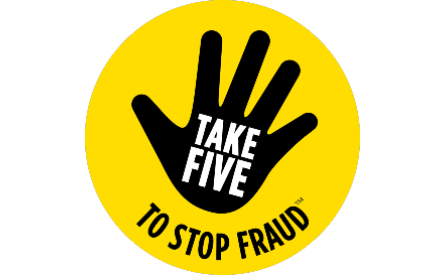Cheque fraud covers a range of things, from criminals intercepting cheques and altering details, to the printing of false cheques and forging signatures.
Here at Royal Bank, we use a whole range of fraud prevention and detection processes, but we also rely on the support of our customers to stay alert and follow good security practices. Together we can beat the criminals.

